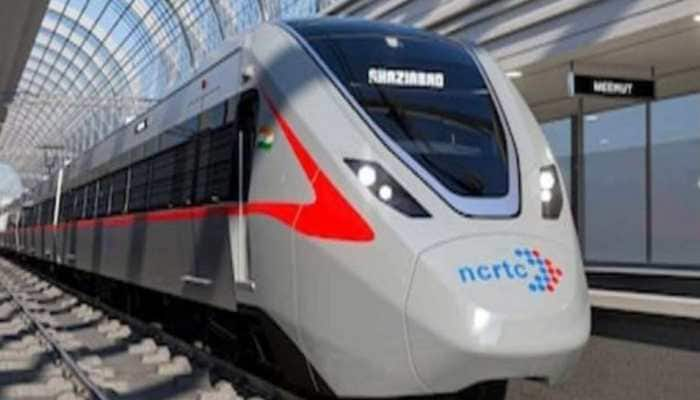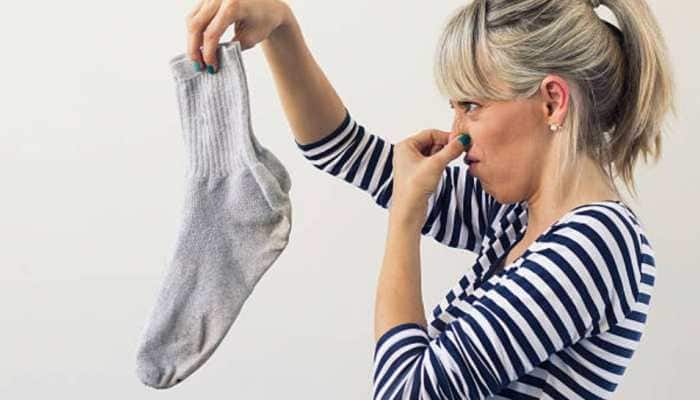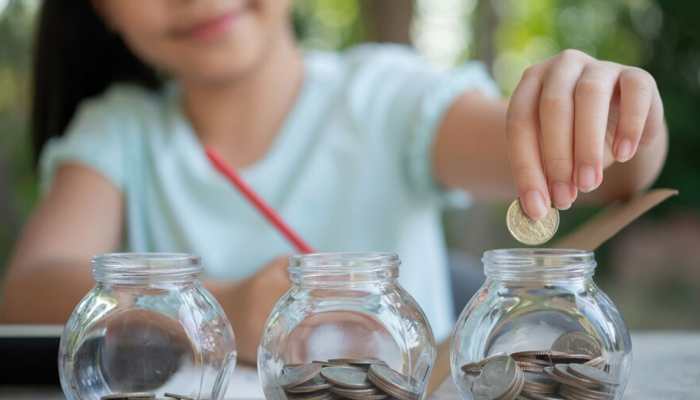North Korea to participate in Winter Olympics in rival South
Seoul and Olympic organisers have been keen for Pyongyang - which boycotted the 1988 Summer Games in the South Korean capital - to take part in what they repeatedly proclaimed a "peace Olympics"
Trending Photos
)
Seoul: North Korea will send its athletes to the Winter Olympics in the South, the rivals said Tuesday after their first formal talks in more than two years following high tensions over Pyongyang`s nuclear weapons programme.
The two sides also decided to hold military talks and to restore a military hotline closed since February 2016.
Seoul and Olympic organisers have been keen for Pyongyang - which boycotted the 1988 Summer Games in the South Korean capital - to take part in what they repeatedly proclaimed a "peace Olympics" in Pyeongchang next month.
But the North had given no indication it would do so until leader Kim Jong-Un`s New Year address last week, instead pursuing its banned weapons programmes in defiance of United Nations sanctions, launching missiles capable of reaching the United States and detonating its sixth and most powerful nuclear test.
"The North Korean side will dispatch a National Olympic Committee delegation, athletes, cheerleaders, art performers` squad, spectators, a taekwondo demonstration team and a press corps and the South will provide necessary amenities and facilities," they said in a joint statement.
Tuesday`s talks were held in Panmunjom, the truce village in the Demilitarised Zone that splits the peninsula.
The North`s delegation walked over the Military Demarcation Line marking the border to the Peace House venue on the southern side, just yards from where a defector ran across in a hail of bullets two months ago.
Looking businesslike, the South`s Unification minister Cho Myoung-Gyon and the North`s chief delegate Ri Son-Gwon shook hands at the entrance to the building, and again across the negotiating table.
Ri wore a badge on his left lapel bearing an image of the country`s founding father Kim Il-Sung and his son and successor Kim Jong-Il, while Cho sported one depicting the South Korean flag.
"Let`s present the people with a precious new year`s gift," said Ri. "There is a saying that a journey taken by two lasts longer than the one travelled alone."
The atmosphere was friendlier than at past meetings, and Cho told Ri: "The people have a strong desire to see the North and South move toward peace and reconciliation."
But there was no mention in the joint statement of a proposal by Seoul to resume reunions of families left divided by the Korean War, or of an offer by the North to send a high-level delegation to the Games.
Ri also told South Korean journalists that denuclearization was not on the table and not an issue for the two to discuss.
"The target of all our nuclear and hydrogen bombs and ICBMs and all other sophisticated weapons is the US," he said. "These weapons are not aimed at our brethren."
There were "many problems" to settle between the two sides, he added, warning of "unexpected obstacles" down the road.Even so it was a radically different tone from the rhetoric of recent months, which have seen the North`s leader Kim and US President Donald Trump trade personal insults and threats of war.
Olympic organisers welcomed the North`s participation in Pyeongchang, just 80 kilometres (50 miles) south of the DMZ, and a Unification ministry official said the Games would be "a Peace Festival for all the people in the world".
International Olympic Committee president Thomas Bach said Pyongyang`s decision to take part in the Games was a "great step forward in the Olympic spirit".
Only two athletes from the North have so far qualified for the Olympics, but hundreds of young female North Korean cheerleaders have created a buzz at three previous international sporting events in the South.
According to South Korean reports any high-level delegation accompanying the team could include Kim`s younger sister Yo-Jong, who is a senior member of the ruling Workers` Party. According to the Unification ministry official, Tuesday`s meeting "laid the foundation for restoring the severed inter-Korean ties and normalising them".
It came after Seoul responded to Kim`s New Year speech with an offer of high-level dialogue, and last week a civilian hotline was restored after being suspended for almost two years.
But Pyongyang has snubbed previous attempts by Seoul to set up further family reunions - one of the most emotive legacies of the Korean War - saying it will not do so unless several of its citizens are returned by the South.
It was unclear when the proposed military talks - which would be the first of their kind since 2014 - would be held.
"Having the North Korean athletes and delegations at Pyeongchang will help turn South Korean public sentiment about the North more favourable," said Lim Eul-Chul, a professor of North Korean studies at Kyungnam University in Seoul.
Pyongyang would then probably seek to resume lucrative joint economic projects, such as the suspended Kaesong industrial complex, he added - although it is not clear whether that would be in compliance with UN sanctions.
The North "appears to be trying to use the improvement in ties with the South as a springboard to resume talks with the US, which holds the key to controlling or possibly easing sanctions", Lim told AFP.
But Pyongyang`s state media reiterated its condemnations of Trump on Tuesday.
The United States and South Korea agreed last week to delay their joint military exercises until after the Games, apparently to help calm nerves.
Trump said at the weekend he hoped the rare talks between the two Koreas would go "beyond the Olympics" and that Washington could join the process at a later stage.
But US ambassador to the United Nations Nikki Haley said there was "no turnaround" in the US stance: that the North must stop nuclear tests for talks with Washington.
Stay informed on all the latest news, real-time breaking news updates, and follow all the important headlines in india news and world News on Zee News.
Live Tv







)
)
)
)
)
)
)
)
)
)
